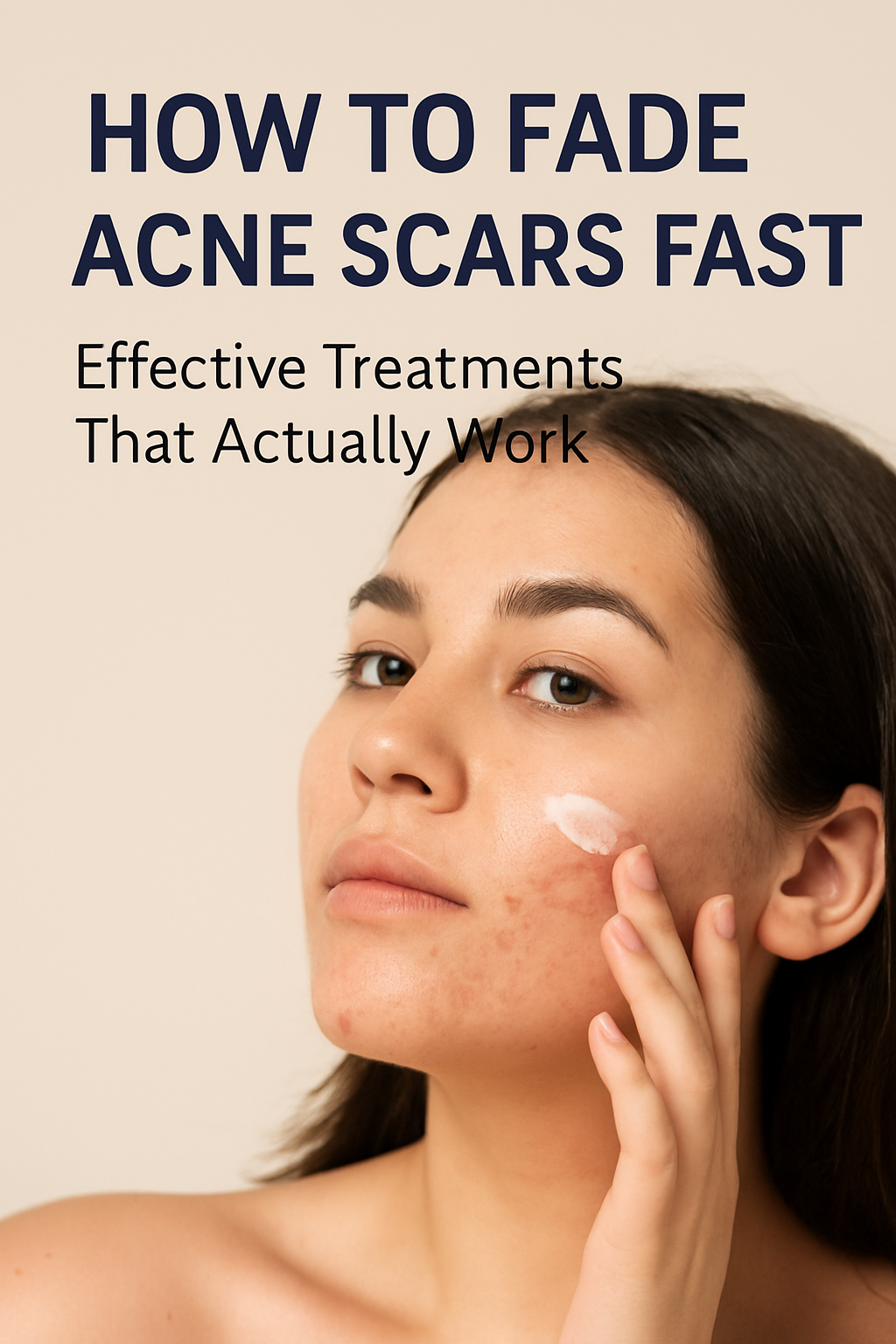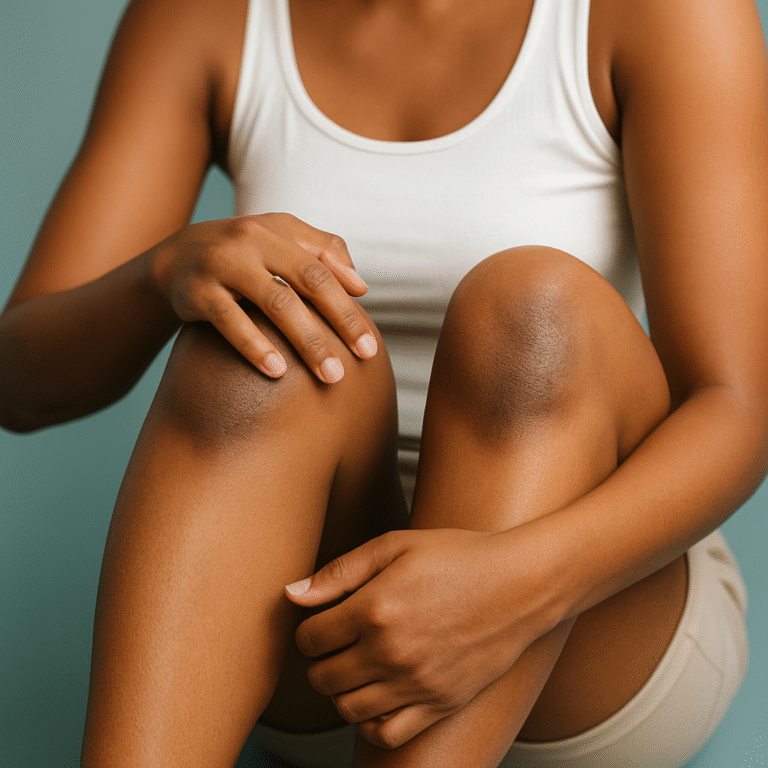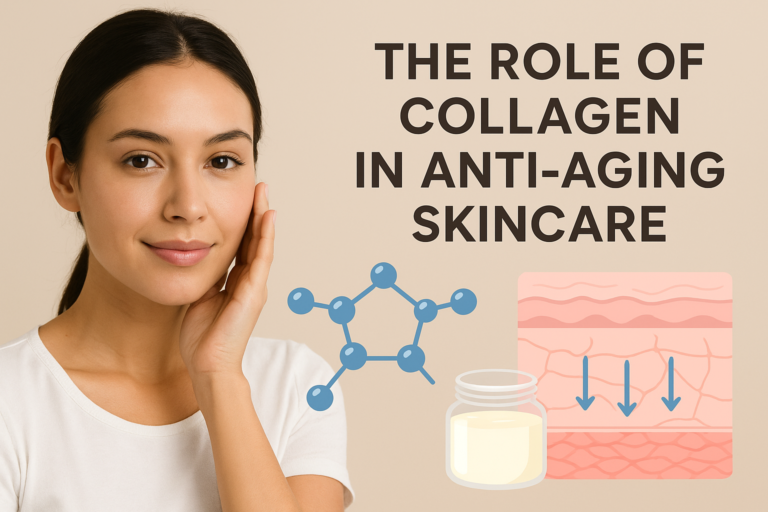How to Choose the Right Cleanser for Your Skin Type
Cleansing is the foundation of any skincare routine. It removes dirt, excess oil, makeup, and impurities, helping your skin absorb serums and moisturizers more effectively. But using the wrong cleanser can strip your skin, cause irritation, or worsen breakouts.
That’s why it’s essential to choose a cleanser tailored to your skin type.
Why Your Cleanser Matters
Using the wrong face wash can disrupt your skin’s natural barrier. A harsh cleanser can leave dry skin even drier, and a too-creamy one can clog pores in oily skin. The right cleanser:
- Keeps your skin balanced
- Enhances product absorption
- Reduces inflammation
- Prevents breakouts and dryness
Let’s find out what type of cleanser works best for your skin’s unique needs.
Best Cleansers for Oily and Acne-Prone Skin
If your skin tends to get greasy, shiny, or develops frequent breakouts, look for cleansers that control oil and prevent clogged pores.
Ingredients to Look For:
- Salicylic acid: Penetrates pores to clear out excess sebum.
- Tea tree oil: Natural antibacterial that helps reduce acne.
- Clay: Helps absorb oil and detoxify.
Avoid: Heavy cream cleansers and oils that can clog pores.
Product types:
- Gel cleansers
- Foaming cleansers
- Exfoliating face washes (used 2–3x per week)
Tip: Don’t over-wash. Twice a day is enough to avoid stripping the skin.
Best Cleansers for Dry Skin
If your skin feels tight after washing, flakes easily, or looks dull, you likely need more hydration and barrier support.
Ingredients to Look For:
- Hyaluronic acid: Attracts moisture.
- Ceramides: Help restore the skin barrier.
- Glycerin: Deeply hydrates.
Avoid: Foaming or exfoliating cleansers with alcohol, sulfates, or acids.
Product types:
- Cream cleansers
- Milky or balm cleansers
- Hydrating gel cleansers (non-foaming)
Tip: Follow up with a gentle moisturizer within 60 seconds of cleansing.
Best Cleansers for Sensitive Skin
Sensitive skin reacts easily to fragrance, preservatives, and strong actives. Redness, burning, or stinging after cleansing is a sign your cleanser may be too harsh.
Ingredients to Look For:
- Aloe vera: Soothes and calms.
- Colloidal oatmeal: Reduces inflammation.
- Centella asiatica (Cica): Supports barrier repair.
Avoid: Fragrance, alcohol, essential oils, and harsh exfoliants.
Product types:
- Fragrance-free gel or lotion cleansers
- Micellar water (for light cleansing or makeup removal)
- Non-foaming creams
Tip: Patch test new products before use.
Best Cleansers for Combination Skin
Combination skin is oily in the T-zone and dry on the cheeks. You’ll need a cleanser that balances both areas without over-drying or over-moisturizing.
Ingredients to Look For:
- Green tea: Balancing and calming.
- Niacinamide: Regulates oil and improves skin tone.
- Panthenol: Helps hydrate without heaviness.
Avoid: Harsh foaming cleansers or overly rich balms.
Product types:
- Gentle gel cleansers
- Low-foam face washes
- Dual-phase cleansers (am/pm)
Tip: You can even use two cleansers — a gentle one in the morning and a stronger one at night.
Cleansing by Skin Concerns
- Hyperpigmentation: Look for cleansers with vitamin C or licorice root extract.
- Aging skin: Creamy cleansers with peptides and hydrating agents.
- Redness or rosacea: Soothing, non-foaming lotions with minimal ingredients.
Additional Cleansing Tips
- Don’t wash your face with hot water — it strips moisture. Use lukewarm water instead.
- Double cleansing (oil-based + water-based) is great if you wear makeup or sunscreen.
- Cleanse no more than twice a day.
- Don’t rush. Massage your cleanser in for at least 30 seconds for full effect.
What Happens When You Use the Wrong Cleanser
- Dry skin becomes tighter, itchy, and flaky.
- Oily skin overcompensates and produces more oil.
- Sensitive skin gets inflamed or red.
- Breakouts and congestion may increase if skin is stripped or clogged.
The right cleanser leaves your skin clean, comfortable, and balanced, not squeaky or tight.
Internal Links
- Skincare Routine for Sensitive Skin
- Best Moisturizers for Sensitive Skin
- Hydration vs. Moisturization: What Your Skin Really Needs
- How to Treat Redness and Irritation


